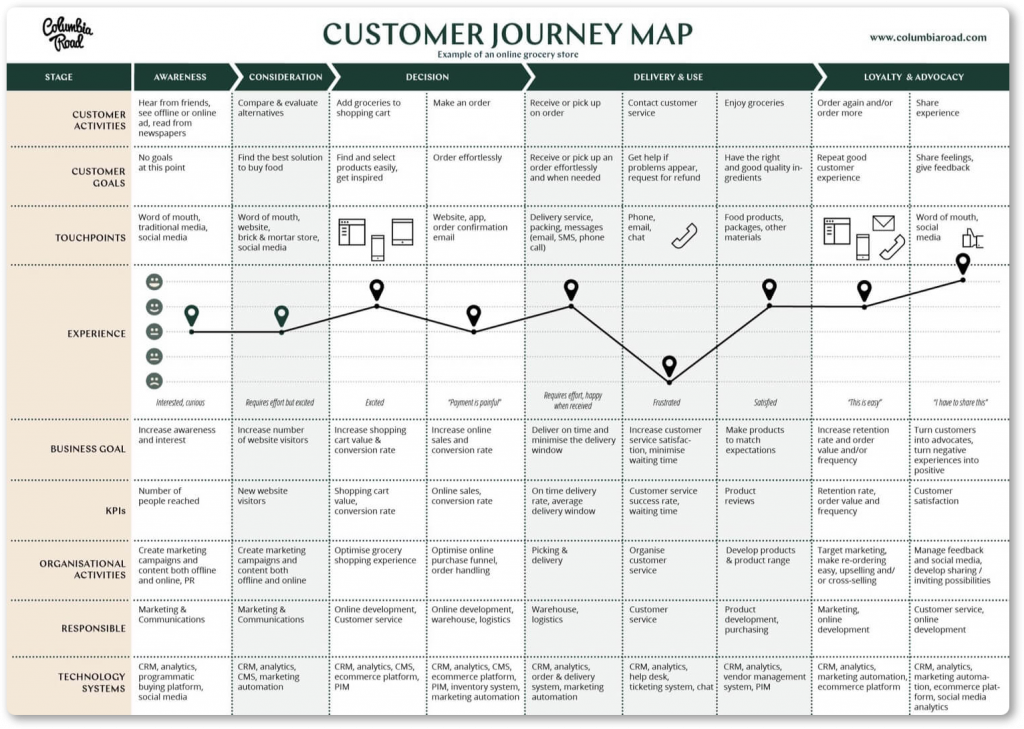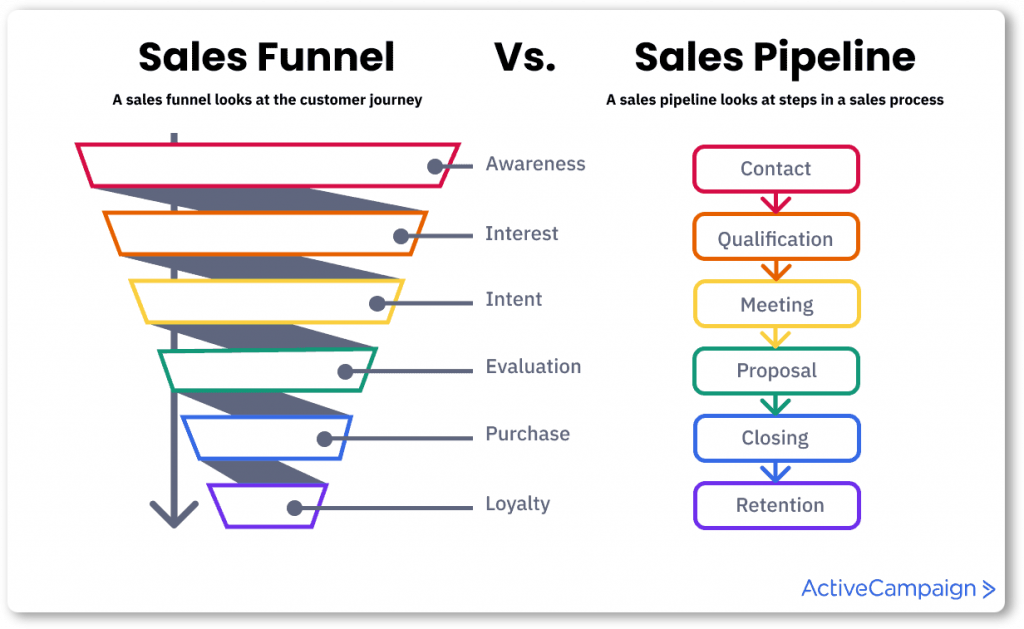Customer management
According to PwC, around ⅔ of buyers say that a positive customer care experience largely determines their loyalty to the brand. Companies that establish tight connections with clients on average experience better financial results.
A good customer management system is an essential competitive advantage for companies that want to prosper in the market. Below is what you should know about customer management and how to succeed in it.
What is customer management?
Customer management is a complex of processes, practices, systems, and applications a company uses to manage the relationships with its current customers and prospects.

The term is closely related to customer relationship management, which is software that helps you manage all your company’s interactions with prospects and customers, organize the data, and align your inner business processes.
Although some may use the terms interchangeably, customer management is not only about measurements, numbers, and sales predictions. To build an authentic relationship, not an occasional dialogue, the company has to:
Create a brand identity and develop key messages
Yes, positioning is a duty of the marketing department, but it’s important to transform a brand book into a reference point for external communication for every single employee. Otherwise, there will be a strong disconnect between what the company claims and what it does when managing customers.
Set an external communication policy
Before building any relationships, it’s vital to answer these questions: How should your sales reps or PR specialists speak to third parties? Who are authorized spokespersons to speak on behalf of your brand? What pieces of information are to be disclosed?
Write briefs and create templates for the sales team
Although all departments may somehow interact with clients, customer management is mainly a sales reps’ task. Remember, your company’s reputation is not set in strategies. It’s shaped by day-to-day communication with your prospects.
Invest in personnel
Since relationships exist between people, a human factor here is key. If truth be told, few people can and are willing to build social connections.
Think of it as a talent — to withstand dialogue pauses, show perseverance, step aside from time to time, be polite and diplomatic, and not to appear rude or sycophant. Without getting the right people in the right seats, customer management simply can’t happen.
Use good software
Face it: in the 21st century, there are hardly any routine jobs that employees can perform as efficiently and quickly as computers. CRM systems offer a variety of automation opportunities and become vital personal assistants that bring customer management to the next level.
With CRM tools, you can verify email lists, customize messages, create personalized offers, send reminders, prepare reports, share data, forecast, and much more.
Finding (or creating) perfect CRM software takes time and money. However, once you succeed, get ready to profit from:
- Better alliance of sales and marketing efforts
- Individualized and personalized offers
- Shortened customer journey
- More precise buyer personas & key account profiles
- Reduced bounce rate
- Improved client retention & CLV.
How to conduct customer experience management?
A good customer management strategy is the one that gives answers to not only a “How?” question but “Why?” as well:
- Why may a customer give preference to our product or service?
- Why do they prefer whichever communication channel?
- Why was the client satisfied/unsatisfied with the purchase? etc.
The “The customer is never wrong” principle should be taken as a basis when it comes to dialogue with the client. To achieve this, one should stick to some essential recommendations.
Set up data collection and storage
Typically, a CRM software system will be enough to cover all data needs. Always give preference to the tools with pre-designed integration options and API.
Still, the program you use is not as important — if you don’t have a budget to buy expensive licenses, use free tools like Excel, Google Sheets, or SQL. Once you decide to invest in a CRM solution, here’s our shortlist to consider:
- Zendesk
- Snov.io (with its integrations)
- HubSpot
- Pipedrive
- Salesforce
- Zoho
- Salesmate.
Create a customer journey map
A customer journey is what shows the POCs with buyers and directly refers to establishing relations with them. Use inputs from marketers and CRM statistics to create a detailed customer journey map. Mark down 5 conventional decision-making stages and write down the communication goal at every single step.

You can also use different communication channels for each stage, say, give preference to emails on the awareness stage and social media and paid ads to target prospects on the consideration stage.
Create & adjust sales pipelines
After you’ve outlined your sales funnel, it’s time to add details to a sales pipeline. Here’s the difference between the two: a sales funnel looks at the customer journey, while a sales funnel looks at the steps in a sales process.

Evaluate customer journeys to identify low and high points and failures to set expectations. Then match this information with the ongoing sales process to find & fix the bottlenecks.
Improve user experience
Be proactive. Test UX hypotheses to enhance customer satisfaction with what you offer and gain a good reputation.
Here’s a simple example. People spend most of their time with smartphones in their hands. And when it comes to services, in most cases, prospects look for a quick answer. If you run a delivery business, these two facts can serve as a reason to experiment with AI and chatbots instead of investing more in the land-based support team.
Automate relationship management
The problem with customer management usually occurs when scaling up. If you get hundreds and thousands of contacts after you search email addresses, we recommend using sales automation tools to automate communication and keep customization at its highest level.
For example, you can try drip email campaign constructor from Snov.io to create and adjust mailing sequences and be on time with relevant content. Or try other marketing automation tools, like Marketo, ActiveCampaign, Leadfeeder, to conduct omnichannel communication with customers.
The business environment is changing rapidly, so customer management needs to be revised from time to time. Noticeable changes in sales KPIs and new communication approaches that market leaders begin to use may indicate it’s time to evolve and rebuild the system.
















